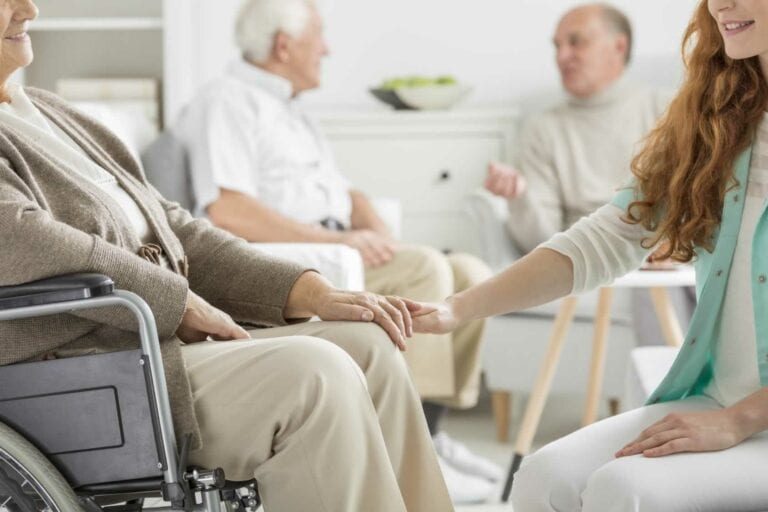
“Age is just a number, and here’s the proof.”
Americans live much longer than ever, and bad health is not an unavoidable part of the aging process. Using moderate research findings, we can disprove famous aging misunderstandings and alter the way we think about growing older.
No one likes to get older—including doctors. Maybe that is why myths about growing older continue to occur. Even among health professionals, despite research that shows that old age is not in itself a life sentence. In fact, older age does not automatically mean living with dementia, anxiety, hopelessness, or other diseases, as the following myth-busters reveal.
5 SENIOR HEALTH MYTHS BUSTED
- Dementia is normal
True, some cognitive problems are common with age—such as delayed reaction times and significantly lower problem-solving skills, but still many older adults can surpass middle-aged and relatively young adults with IQ tests that draw on experience and knowledge. Besides dementia, many aspects related to older age can directly impact memory power, including medications, sleepiness, stress, anxiety, and other health problems.
- Depression is a normal part of aging
While depression is usual in older adults but it is NOT a natural part of aging. Getting older can contain a number of changes, such as retirement, the loss of loved ones, and excessive health issues. It’s natural to feel disappointing or uncomfortable about these changes. Depression, however, is a health condition that interferes with everyday functioning. It is important to talk about depression in older adults and break down the negative perception that can be linked with depression
- Getting older inevitably leads to weakness, fragility, and dependence
While muscle mass and power can slowly decline with aging, especially after the age of 70, these changes can be lowered or even avoided by regular exercise. Moreover, despite such adjustments, the majority of otherwise healthy seniors live without the fragility and can stay independent in their everyday routines.
- Older adults should limit physical activity: this myth also exists among certain
older people or in some societies. Multiple studies have shown that some kind of activity can strengthen most situations. Exercise has also been shown to play a key role in the protection of various diseases.
- Age means the end of sex
At any age, sexuality is an essential part of humanity. Many older adults remain interested in sex and sexual activity as long as they remain in excellent health. Menopause and powerlessness are popular health conditions that may affect your sex life, and there are many treatments available to keep your sexual ability.







